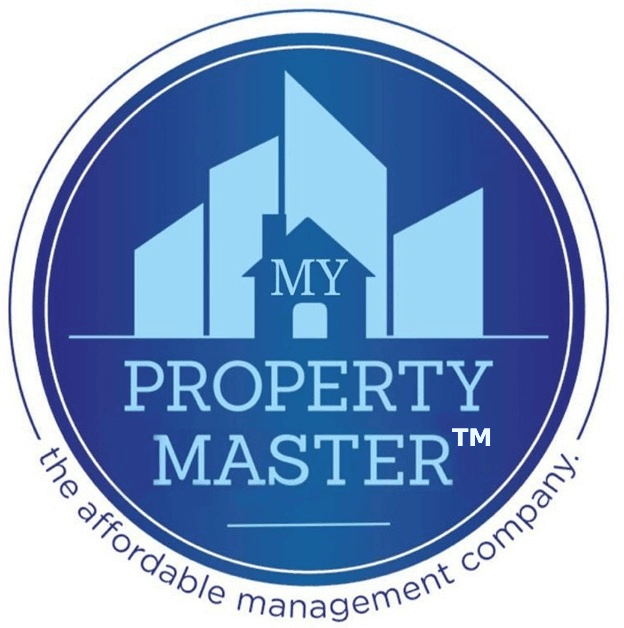A lease agreement or property maintenance contract can be overwhelming and very time-consuming to read & understand. An agreement also includes legal terms that many people don’t understand.
So many tenants take a skim through the agreement and overlook most parts. They want to believe and rely on the contractor or word of mouth.
But if you face any issues or get unexpected bills in the future, the property maintenance contractor or the landlord will remind you of the lease agreement. The agreement will prove their point of view which may cause you.
In this article, I will show you the most important aspects of a property maintenance contract that you should look for. This will ensure your safety, save you from unexpected & hidden fees/bills, and protect you from future vulnerabilities.
Let’s get started.
The important aspects of a lease agreement that you should look for before signing
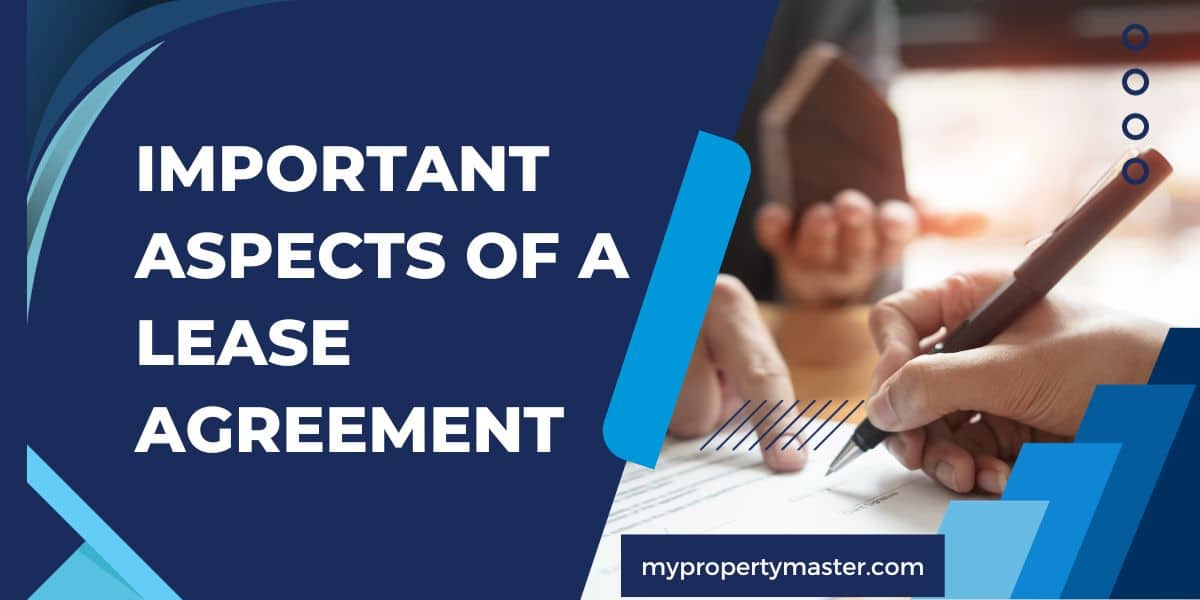
A contract paper contains a lot of things. It’s worth reading the entire agreement and understanding it. Aside from that, some topics are very important that you should understand. Even if those are not included, you should ask the maintenance contractor to include them.
These are the few factors that I am going to discuss in this section.
But who I am you should listen to?
Well, we have been working as a property maintenance company since 2009. So we have a handful of practical experience in this field. As a result, there is no reason to not listen to us.
Tenants should understand their rights and the terms of the agreement. Here are some important aspects mentioned below.
Provisions for late fees
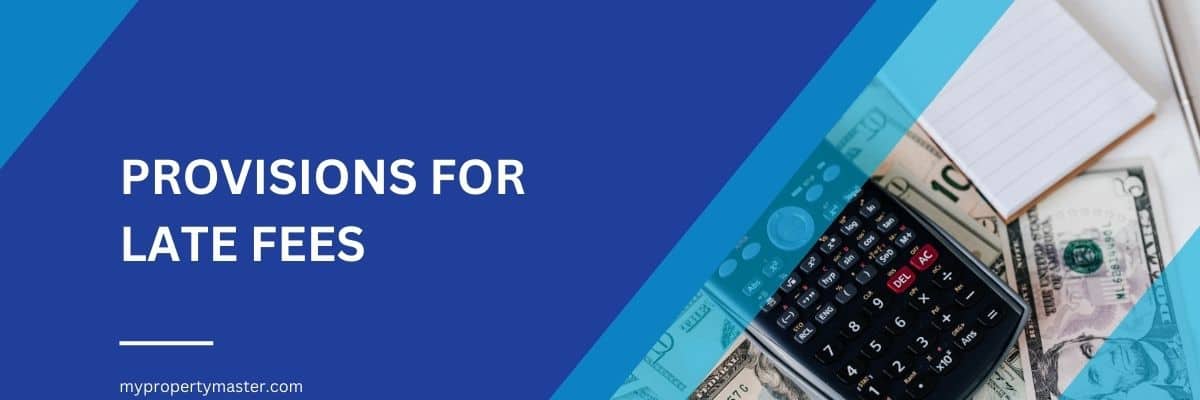
An ideal contract should include provisions for late fees. Even if there are any late fees applicable or not.
If the late fees are applicable then it should be mentioned. For example 2% of the rent or a fixed price like $60.
Triggered time to late fees
If there is a late fee applicable, then the contract should include the specific date of the month. For example, the 15th of each month.
Security money
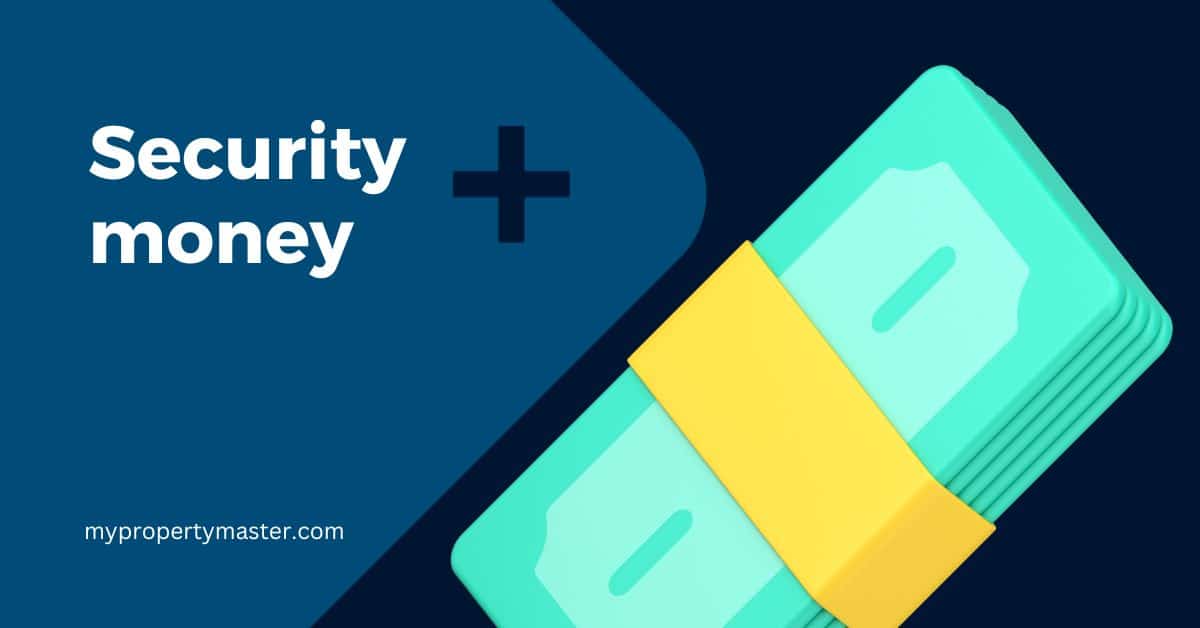
It’s a refundable deposit money for security concerns. If it’s applicable, then you should know the exact amount, deductible terms, and time to refund.
If you want to learn more about security money, what it does, and why it’s taken, see this section of another post.
Cap (rent increase in the next term)
If the property is in Rhode Island, there are no rules that specify the cap. So the landlord or the contractor can raise the rent to any number they like. This is the same in other states & cities.
The contractor or landlord may not commit to an exact cap but there should be a limitation. Such as anything between 5% to 7% of the last contract.
Lease renewal fee
Some property maintenance contractors charge lease renewal fees and some do not. Your contract should include this topic and the amount (if applicable).
Early termination

Even though it’s not obvious. But this could happen to anyone. For example, your employer may transfer you to a different city, or the landlord sold the house, etc.
So it’s always best practice to specify conditions and expenses for the early termination.
Selling tenant-occupied property
A landlord can sell the property where you live. You should know what will happen to you after selling it. Otherwise, a new landlord can force you to vacant the home suddenly. Or the new landlord can increase the rent to an unaffordable amount.
Number of unpaid rents that can trigger eviction

Financial challenges can come to anyone without any warning. Your contract should include the provisions for evictions and the highest number of months that will trigger the process.
Specifications about pets
Some property owners or contractors may not allow pets. Also, a few of them have specifications or restrictions about certain types of pets. For example, your landlord may allow dogs but they might have restrictions about certain breeds such as German Shepherd or Rottweiler. Some property management contractors may allow pets but they may have restrictions about the number. For example, you may not allowed to keep more than 1 pet.
So if you have pets or if you want to keep pets in the future, be sure to know about the terms in your lease agreement.
Responsibility for repairs
You should know who will pay for general repairs. For example, a window can be damaged. Your contract should specify the payers for the repairs. This is just about the window but other things.
Maintenance fee
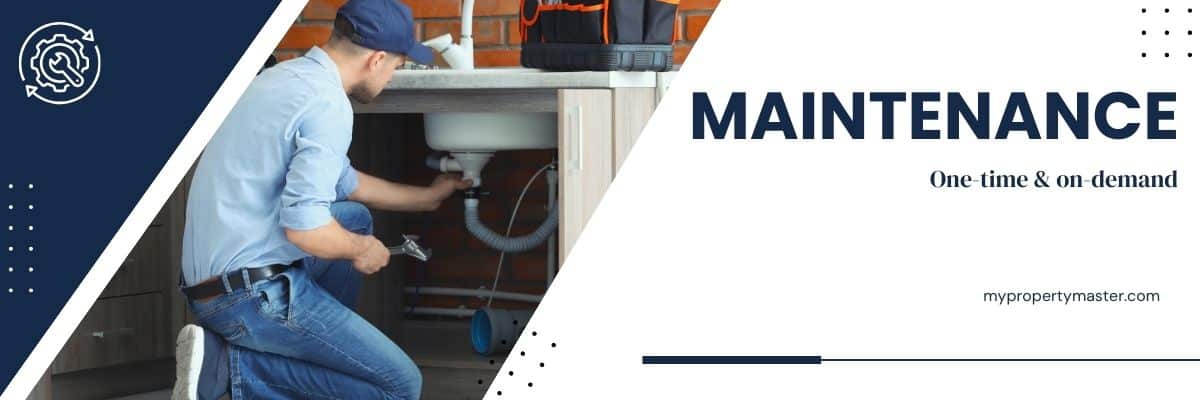
Maintenance fee is different than repairs. This is when you add or install a new asset. If you replace a water pump and it costs $250, the property maintenance contractor will add a certain percentage to it or a fixed price as the maintenance cost.
Most contractors charge anywhere between 5% – 15% of the product cost.
In an hour company, we charge $55/man/hour maintenance cost. If you take the previous water pump as an example, and if it takes 1 man & 2 hours to install/replace the maintenance cost will be (1 man x 2 hours x $55) = $110. There is no connection to the product cost when it comes to calculating the maintenance cost.
Wrap up
If you don’t know these points and their specifications, you may fall into trouble after entering the house. If you don’t see these specifications, don’t hesitate to ask your contractor.
There are some other factors which are less important than we discussed. But you can ensure them to live with peace of mind. Such as emergency maintenance processes, communication methods, the maximum response time (no one should wait for sine-die), if the landlord can enter the rental property, etc.
You should not hesitate to ask any questions to the contractor on any unclear terms. Even you can consult with an attorney if there is anything hidden in the lease agreement or if you don’t understand certain legal terms & their impact.
You’ll find hundreds of lease agreement templates and contract samples on the internet. But no one tells you these important aspects that I mentioned in this article. No matter where you are going to live, this article will help you to become proactive, especially as a tenant.
